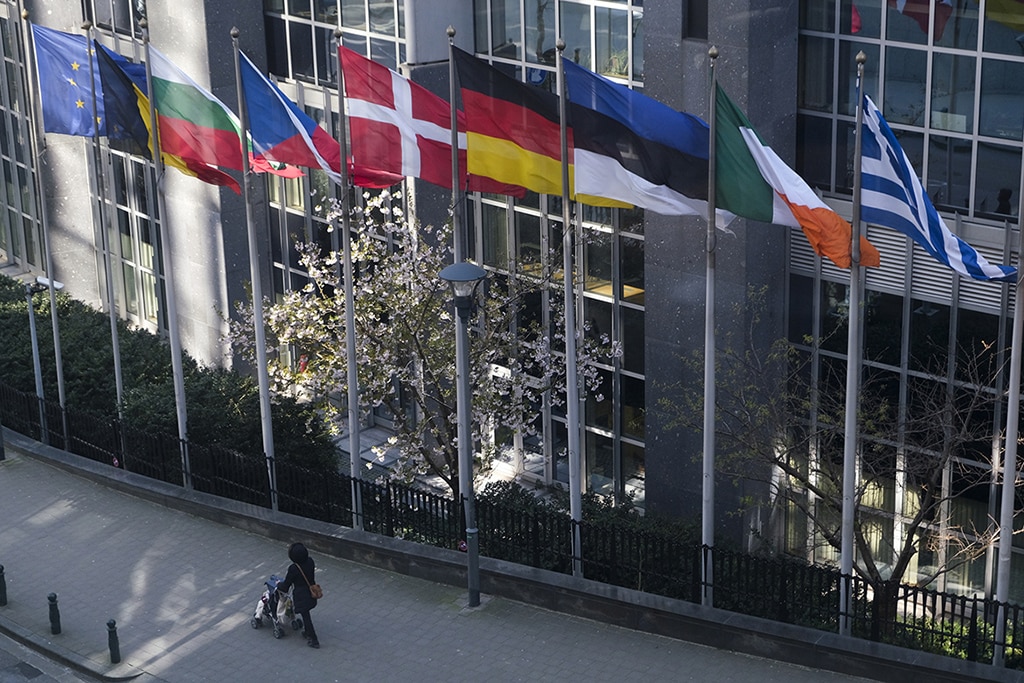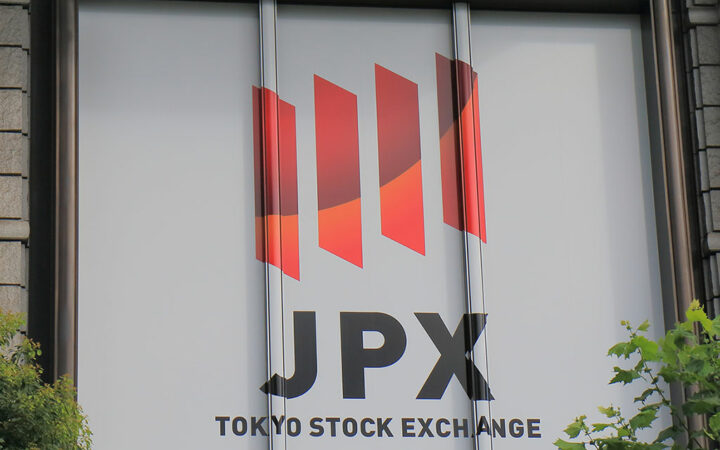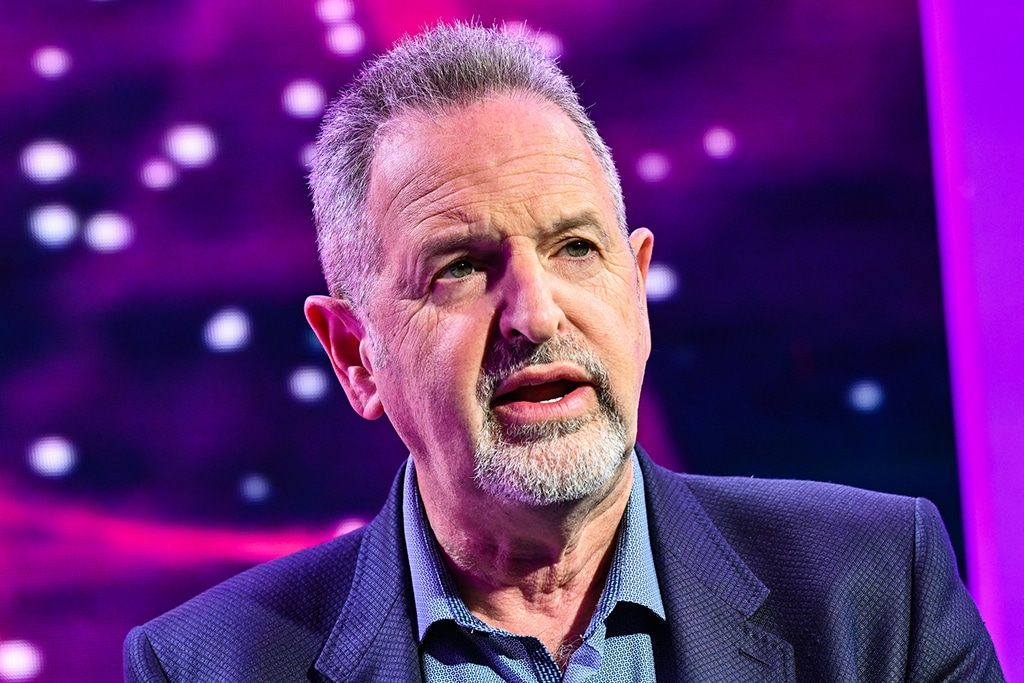
Let’s talk web3, crypto, Metaverse, NFTs, CeDeFi, meme coins, and Stocks, and focus on multi-chain as the future of blockchain technology. Let us all WIN!
The European stocks have experienced more headwinds in the past few months after the Kremlin imposed an indefinite oil cut-off to Eurozone countries.

European stocks are set to close 2022 on a bearish sentiment as global markets prepare to close trading later today. Fueled by the ongoing Russia-Ukraine war, record high inflation, and tightening monetary policy, the Euro economic zone is set to experience more headwinds in 2023 and forward. Moreover, the Euro to US dollar derivative has been below the ratio of 1 for the first time since the 2008 financial crisis in 2022.
Nonetheless, European stocks are not secluded from global sell pressure that has sustained in 2022. Furthermore, cryptocurrency and big tech companies from the United States have been on a falling trend in the past twelve months.
Notably, the STOXX Europe 600 Index Continuous Contract is down approximately 12 percent in the past twelve months. During the mid-London trading session, the FTSE 100 exchanged at 7,497.01, down approximately 0.21 percent.
The poor stock performance has, however, coincided with rising food, oil, and gas prices fueled by the Russia-Ukraine war and subsequent sanctions.
As such, market strategists expect the developed economies to struggle in posting growth during the next decade.
“I think that we are probably going to move into a decade of very, very poor growth in which developed economies are going to find themselves lucky with 1% growth per annum if they are able to achieve it…” Daniel Lacalle, author and chief economist at Tressis Gestion.
The European stocks have experienced more headwinds in the past few months after the Kremlin imposed an indefinite oil cut-off to Eurozone countries. The European stand-off is expected to continue long after the White House recently announced $1.85 billion in military assistance for Ukraine, including a transfer of the Patriot Air Defense System.
As the war escalates, market strategists are concerned it may escalate to World War III.
The situation has not been made any better after Covid restrictions significantly disrupted the global supply. As sanctions affect individual companies, analysts forecast next year’s growth will be determined by fundamental factors.
“Next year I think it’s not going to be the Fed determining the market, I think it’s going to be companies, fundamentals, companies that can grow earnings, defend their margins, probably move higher,” Patrick Armstrong, chief investment officer at Plurimi Wealth LLP, told CNBC’s “Squawk Box Europe” on Friday.
The UK Brexit continues to be a hectic maneuver for most companies in relation to their supply chain management. Moreover, obligations formerly set by the European Parliament on member states have significantly changed.
Notably, the European Union is readying to launch its digital Euro to bolster its struggling economy.
Disclaimer: Coinspeaker is committed to providing unbiased and transparent reporting. This article aims to deliver accurate and timely information but should not be taken as financial or investment advice. Since market conditions can change rapidly, we encourage you to verify information on your own and consult with a professional before making any decisions based on this content.

Let’s talk web3, crypto, Metaverse, NFTs, CeDeFi, meme coins, and Stocks, and focus on multi-chain as the future of blockchain technology. Let us all WIN!




